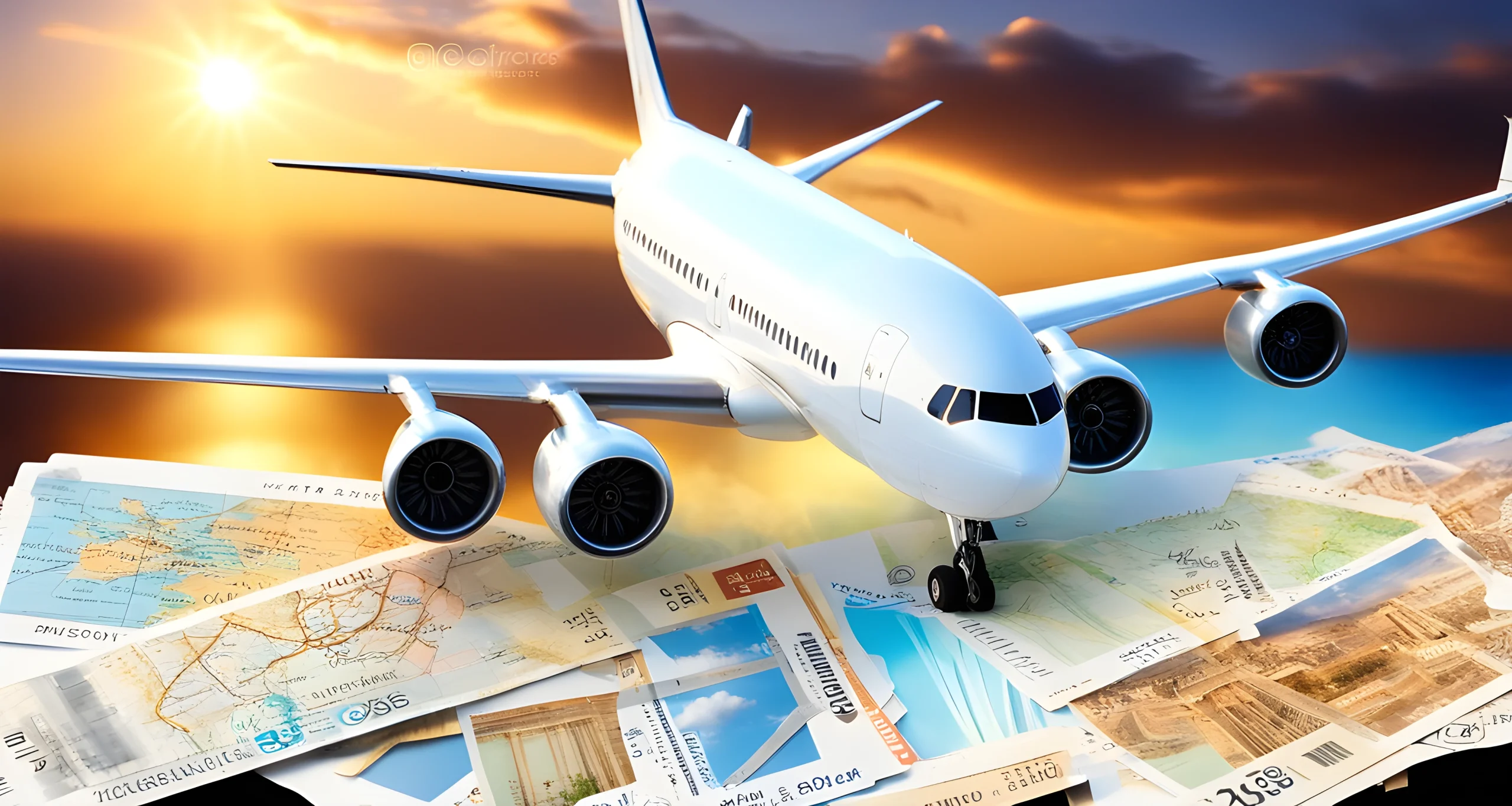Introduction
Welcome to the world of affordable travel! In this section, we will explore ways to find the best travel deals and discounts for your next adventure. Whether you’re a seasoned traveler or a newbie looking to explore the world on a budget, there are plenty of resources available to help you score great deals on flights, accommodations, and more.
Resources for Finding Travel Deals
When searching for travel deals and discounts, it’s important to be flexible and strategic in your planning. One way to score a great deal is by piecing together your own trip using resources like Secret Flying, The Flight Deal, Secret Escapes, Airfare Watchdog, and Next Departure. These websites offer personalized notifications, statistics on the cheapest times to travel, and Canadian-focused deals, making them valuable resources for finding the best travel deals.
Importance of Flexibility
Being flexible with your travel dates and destinations can also help you find significant savings. By being open to traveling during off-peak times or considering alternative airports, you may be able to find lower fares and better accommodation rates.
Benefits of Strategic Planning
Strategic planning is key when it comes to finding the best travel deals. By utilizing tools and resources that provide real-time updates on price drops, error fares, and flash sales, you can stay ahead of the game and snag incredible bargains before they disappear.
What’s Next?
In the following sections, we will explore factors to consider for budget travel, creating a detailed travel budget spreadsheet, refining your budget with expense categories, budgeting by item or category, and adjusting your budget as needed. These sections will provide you with practical tips and tools for maximizing your travel budget and making the most of your vacation experience.
So buckle up and get ready to embark on a journey of affordable travel planning that will leave you with memories to cherish without breaking the bank!

Factors to Consider for Budget Travel
When planning for budget travel, there are several factors to consider in order to make the most out of your trip without breaking the bank. Here are some key considerations to keep in mind:
Destination and Season
- Research and choose destinations that are known for being budget-friendly.
- Consider visiting during off-peak seasons when prices for accommodations and attractions may be lower.
- Take advantage of last-minute deals and discounted packages for popular destinations.
Transportation
- Look for affordable transportation options such as budget airlines, trains, or buses.
- Consider using websites like Travelzoo and Solo Travel to find great deals on flights, hotels, and package deals Affordable globe-trotting hacks.
- Be flexible with your travel dates in order to take advantage of cheaper fares.
Accommodations
- Explore various accommodation options including hostels, guesthouses, or vacation rentals.
- Look for deals and discounts on hotel stays through websites that offer weekly compilations of travel deals.
- Consider alternative lodging arrangements such as house sitting or couchsurfing for a more affordable option.
Food and Dining
- Plan your meals ahead of time and look for budget-friendly dining options such as street food or local markets.
- Consider booking accommodations with kitchen facilities to prepare some of your own meals.
- Take advantage of happy hours and restaurant specials to save on dining expenses.
Activities and Entertainment
- Research free or low-cost activities and attractions at your destination.
- Look for city passes or attraction bundles that offer discounted admission to multiple attractions.
- Take advantage of free walking tours or outdoor activities to explore the destination without spending a lot of money.
Currency Exchange and Fees
- Research the best options for currency exchange to avoid high fees and unfavorable exchange rates.
- Look for credit cards that offer no foreign transaction fees when making purchases abroad.
- Consider using ATMs that offer competitive exchange rates to access local currency.
By considering these factors and taking advantage of available resources, you can plan a memorable trip without breaking the bank. With careful planning and research, budget travel can be an enriching experience that allows you to explore new destinations without overspending.
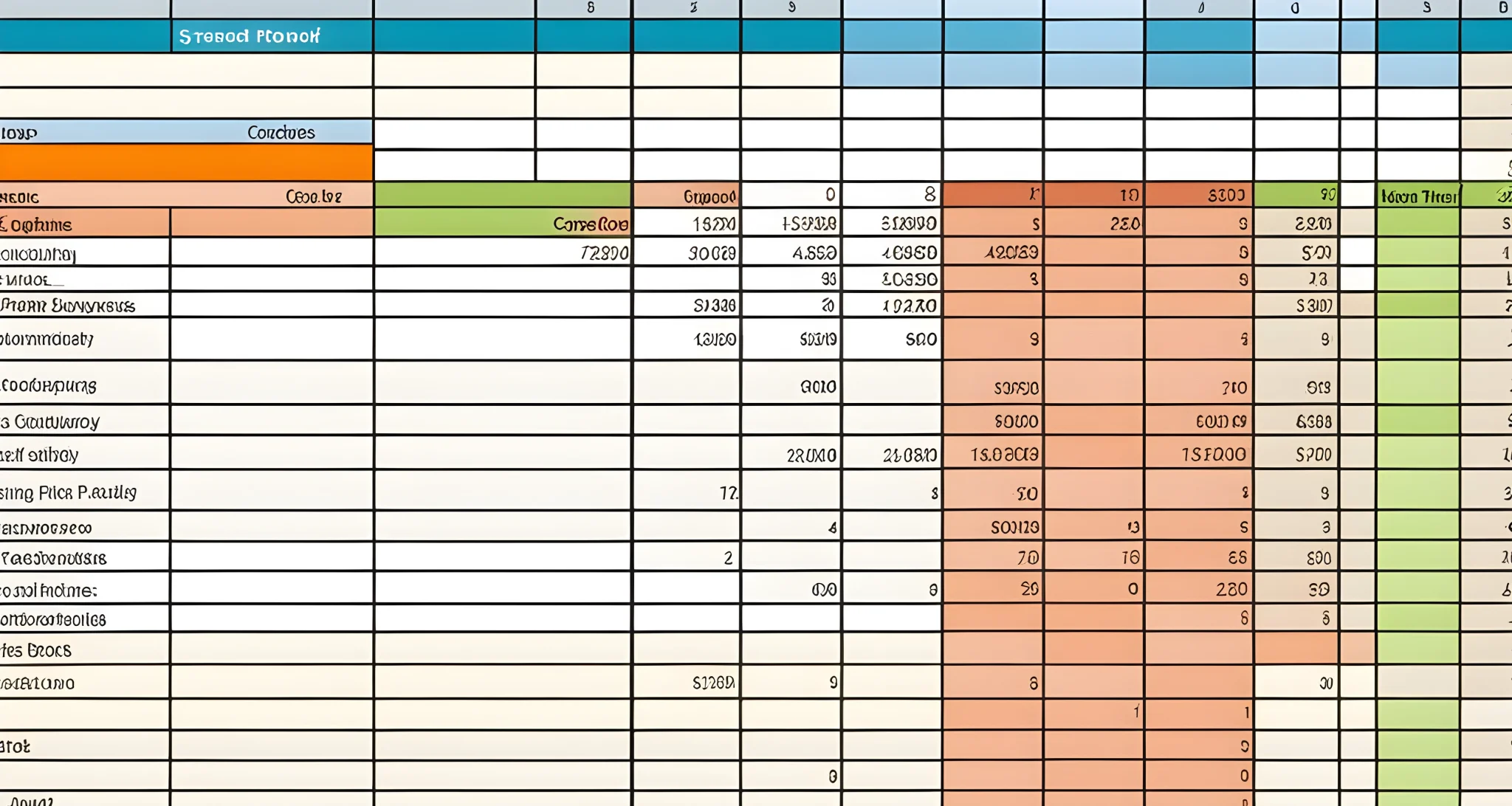
Creating a Detailed Travel Budget Spreadsheet
When planning for your travels, it’s essential to create a detailed travel budget spreadsheet to help you keep track of your expenses. This will ensure that you stick to your budget and avoid overspending while on your trip.
Here are some tips for creating a detailed travel budget spreadsheet:
-
Transportation Costs: Include expenses for flights, trains, buses, rental cars, and any other modes of transportation you plan to use during your trip.
-
Accommodation Expenses: This category should include the cost of hotels, hostels, vacation rentals, or any other lodging options you plan to use during your travels.
-
Food and Dining Costs: Factor in the cost of meals, snacks, and drinks while on the go. Don’t forget to include tips and any dining out experiences you have planned.
-
Activities and Attractions: Include admission fees, tickets for tours or excursions, and any other activities or attractions you plan to visit during your trip.
-
Travel Insurance: It’s important to include the cost of travel insurance in your budget. This will protect you in case of any unexpected events during your travels.
-
Unexpected Expenses: It’s always a good idea to set aside some money for unexpected expenses that may arise during your trip. This could include medical emergencies, lost luggage, or any other unforeseen costs.
Creating a detailed travel budget spreadsheet can seem daunting at first, but it will ultimately help you stay organized and on track with your spending. It can also be helpful to refer back to Simple Trip Budgeting for easy travel budget tips and advice on creating a comprehensive budget plan.
By breaking down your expenses into these categories on your spreadsheet, you can easily track where your money is going and make adjustments as needed. This will allow you to stay within your budget while still enjoying all the experiences and adventures that come with traveling.
Keep in mind that it’s also important to regularly update and refine your travel budget as you make bookings and plans for your trip. By doing so, you’ll have a more accurate picture of your expenses and can make any necessary adjustments before departing on your journey.
By following these steps and using a detailed travel budget spreadsheet, you can confidently plan for an amazing trip without the stress of overspending or going over budget. Happy travels!
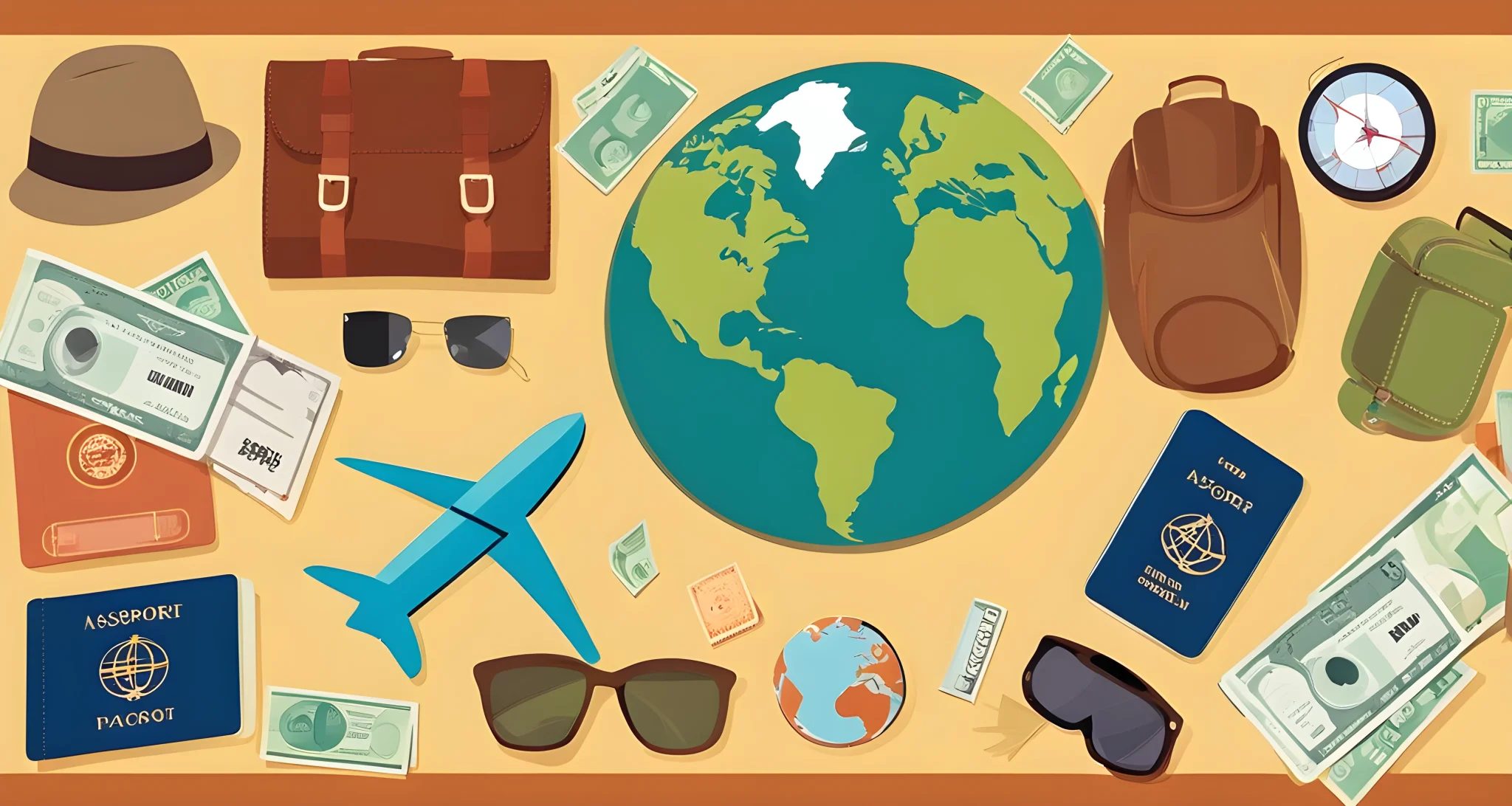
Refining Your Budget with Expense Categories
When it comes to refining your travel budget, it’s crucial to categorize your expenses. This will allow you to gain a clearer understanding of where your money is going and identify areas where you may be overspending. By doing so, you can make adjustments to ensure that you stay within your budget.
Common Expense Categories
- Transportation: This includes flights, train tickets, rental cars, and any other modes of transportation you may use during your trip.
- Accommodation: Expenses for lodging, such as hotels, Airbnb rentals, or hostels.
- Food and Dining: Costs related to meals, snacks, and dining out while traveling.
- Entertainment: Expenses for activities, sightseeing tours, museum visits, and other forms of entertainment.
- Miscellaneous Expenses: Any other costs that may not fit into the above categories, such as souvenirs or travel insurance.
Identifying Overspending
By categorizing your expenses, you can easily identify areas where you may be overspending. For example:
- Are you spending more on dining out than you initially budgeted for?
- Are you splurging on entertainment and activities?
- Are transportation costs higher than expected?
Making Adjustments
Once you’ve identified areas of overspending or areas where you want to reallocate funds, you can make adjustments to your budget accordingly. For example:
- If you find that you’re spending more on dining out than anticipated, consider cooking some meals in your accommodation or finding more affordable dining options.
- If transportation costs are higher than expected, look into money-saving tips for booking flights or consider using public transportation instead of taxis.
Refining your budget with expense categories allows for a more strategic approach to managing your travel funds. It provides a clear picture of where your money is going and empowers you to make informed decisions about where to cut back or reallocate funds.
For more tips on saving money while traveling, check out Saving Cash on Traveling. This article provides additional insights on budget-friendly travel strategies and how to make the most of your travel budget.
With a detailed expense category breakdown and a willingness to make adjustments as needed, you can ensure that your travel budget remains intact while still allowing for an enjoyable and memorable experience.
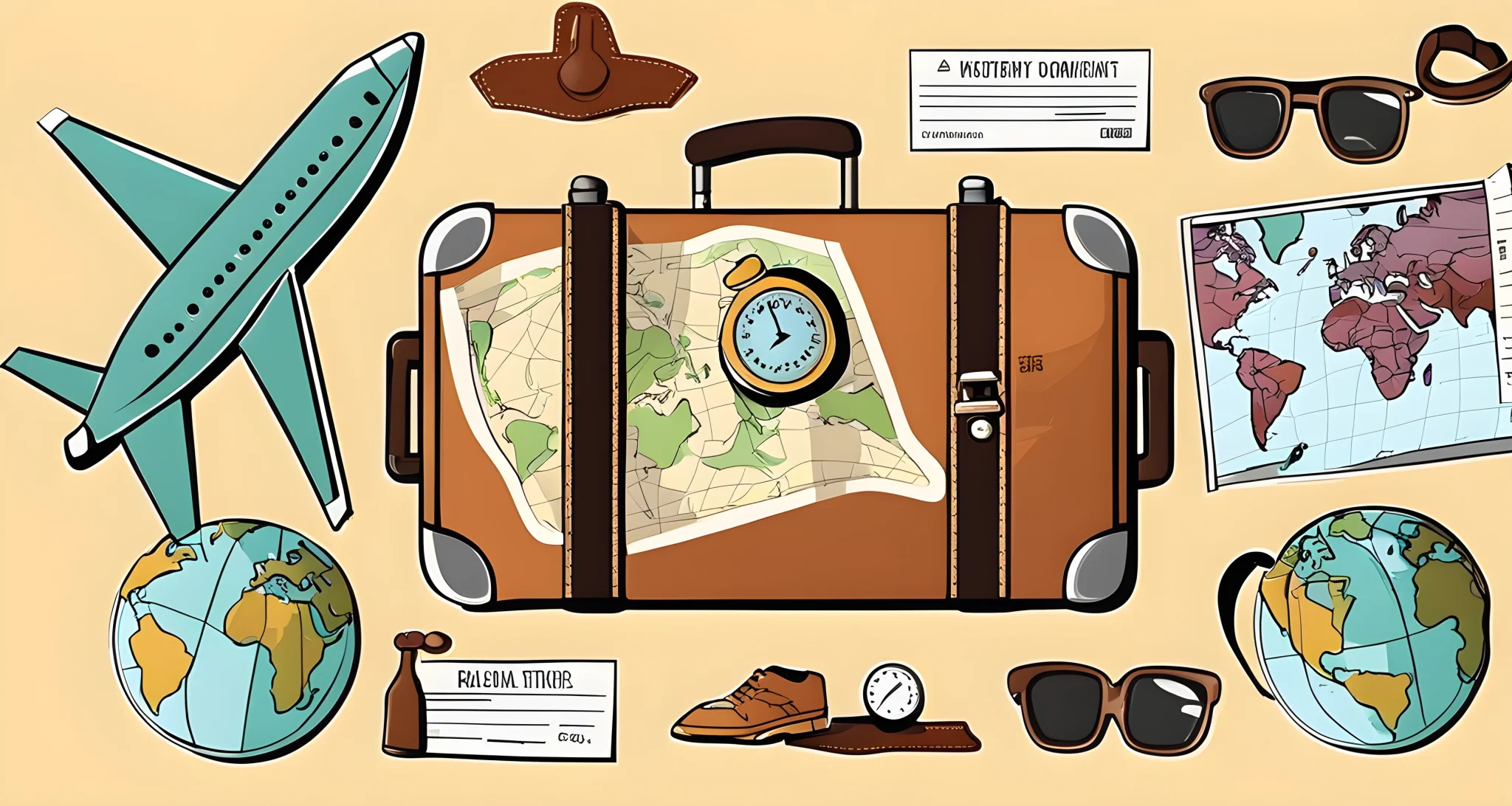
Budgeting by Item or Category
When it comes to budgeting for your travels, there are different approaches you can take to keep your expenses in check. Some travelers prefer to budget by individual item, such as setting specific allowances for flights, accommodation, meals, and activities. This approach allows for a more detailed analysis of expenses and can help identify areas where you can save money.
Advantages of Budgeting by Item
- Detailed Analysis: Budgeting by item allows for a more granular understanding of where your money is going. This can help you identify areas where you may be overspending and make adjustments accordingly.
- Identifying Savings Opportunities: By breaking down your budget into specific items, you can easily see where you may be able to cut costs. For example, if you notice that a significant portion of your budget is going towards dining out, you may decide to cook more meals at your accommodation to save money.
Challenges of Budgeting by Item
- Need for Careful Monitoring: Budgeting by item requires more diligent tracking of expenses to ensure that you don’t exceed your allocated budget for each category.
- Potential for Overlooking Overall Spending: Focusing too much on individual items can sometimes lead to overlooking the overall picture of your spending. It’s important to strike a balance between detailed tracking and seeing the big picture.
If you prefer a more structured approach, creating a detailed travel budget spreadsheet with separate categories for flights, accommodation, meals, and activities can be a helpful tool in managing your expenses effectively. You can use this Maximize travel offers guide as a reference for finding the best deals and discounts on various travel expenses.
Making Adjustments
Regardless of whether you choose to budget by item or category, it’s important to be flexible and adjust your budget as needed. Unexpected expenses may arise, or you may find opportunities to save money in certain areas. Regularly reviewing and refining your budget will help ensure that you stay on track financially throughout your travels.
In conclusion, budgeting by item or category both have their pros and cons. The key is to find an approach that works best for you and allows you to manage your expenses effectively while still enjoying your travel experiences. Remember that the ultimate goal of budgeting is to make the most of your travel experience without worrying about finances. By being mindful of your spending and making adjustments as needed, you can make the most of the best travel deals and discounts available.
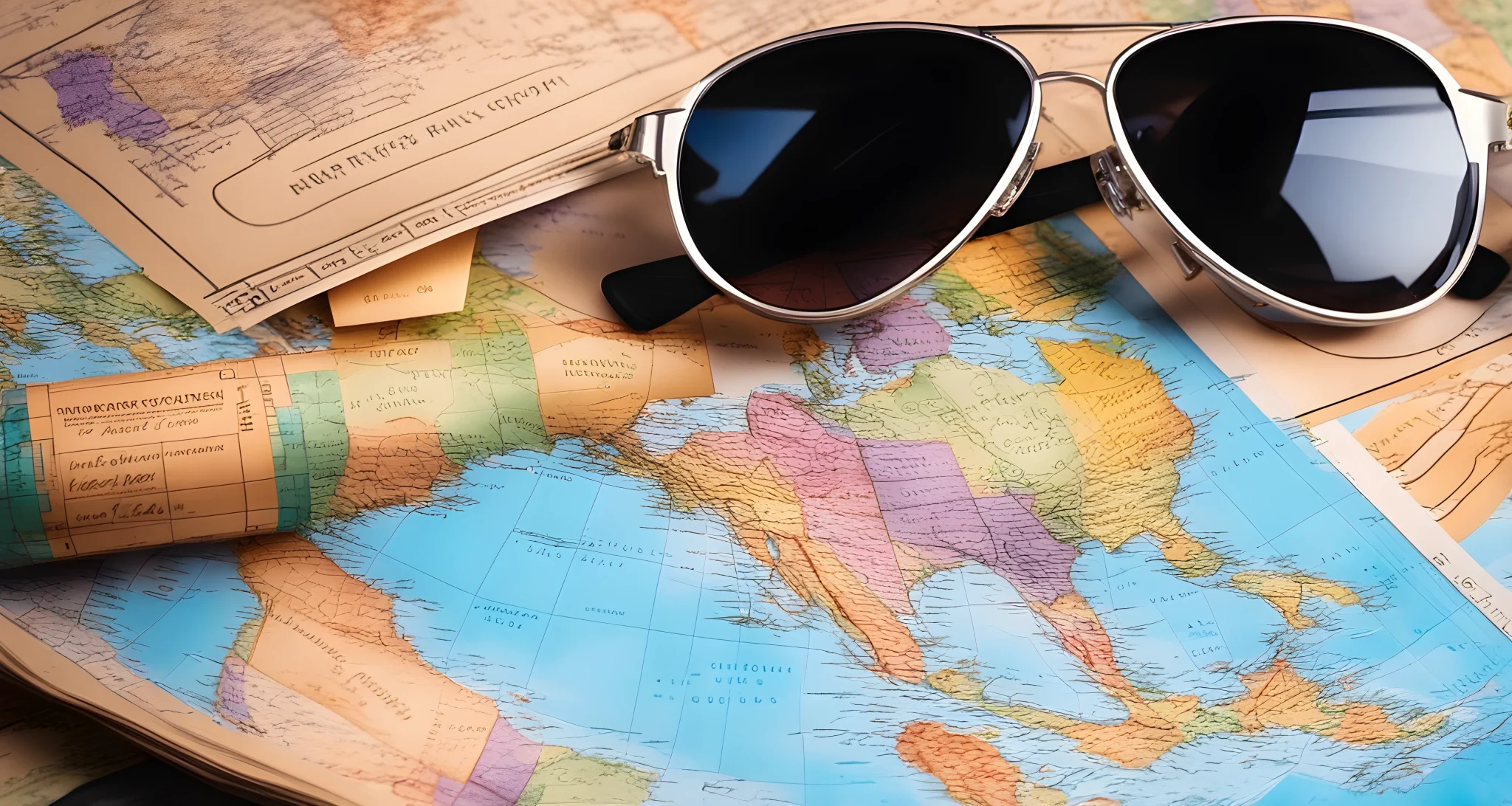
Adjusting Your Budget as Needed
When it comes to budget travel, flexibility is key. While it’s important to create a detailed budget before your trip, it’s equally important to be prepared to make adjustments as needed. Here are some tips on how to adjust your budget to ensure that you have enough funds for your travels while still being able to enjoy your trip to the fullest.
Be Flexible with Your Budget
- Unexpected expenses may arise during your travels, such as emergency medical costs or transportation delays.
- You may also find opportunities to save money on certain aspects of your trip, such as finding last-minute deals on accommodations or transportation.
- Being flexible with your budget allows you to adapt to these changes without feeling stressed or constrained.
Periodically Review and Adjust Your Budget
- Reviewing your budget at regular intervals, such as weekly or monthly, can help you stay on track with your spending.
- Look for any areas where you may have overspent or underspent and make adjustments accordingly.
- By periodically reviewing and adjusting your budget, you can ensure that you are staying within your financial limits while still making the most of your travel experiences.
Take Advantage of Money-Saving Opportunities
- Keep an eye out for discounts or deals on accommodations, transportation, and activities during your travels.
- Look for ways to save money, such as using public transportation instead of taxis or cooking meals instead of dining out.
- Use resources like Economical travel accommodations to find budget-friendly lodging options that can help you stretch your travel budget further.
Stay Mindful of Your Spending
- It’s easy to get caught up in the excitement of traveling and overspend on non-essential items.
- Be mindful of your spending habits and prioritize experiences that are meaningful to you.
- Remember that making small adjustments in your spending can have a big impact on the overall success of your trip.
Embrace the Journey
- Sometimes unexpected changes in plans or expenses can lead to new and memorable experiences.
- Embrace these opportunities and be open to trying new things, even if they were not originally part of your itinerary.
- By staying flexible and adaptable, you can make the most of your travel experiences while staying within your budget.
Adjusting your travel budget as needed is an essential part of successful budget travel. By being flexible, periodically reviewing and adjusting your budget, taking advantage of money-saving opportunities, staying mindful of your spending, and embracing unexpected changes, you can ensure that you have enough funds for your travels while still being able to enjoy your trip to the fullest.
FAQ
How can i find the best travel deals?
To find the best travel deals, consider being flexible with your travel plans, use resources like secret flying, the flight deal, secret escapes, airfare watchdog, and next departure. you can also check out nicely packaged deals on travelzoo and solo travel.
What are some good resources for finding travel deals?
Some good resources for finding travel deals include secret flying, the flight deal, secret escapes, airfare watchdog, next departure, travelzoo, and solo travel. these websites offer a range of deals, including flights, hotels, and package deals.
Are there any specific websites for canadian travelers?
Yes, next departure is a canadian-focused website that compiles deals for travel out of canadian cities, making it a great resource for canadians looking for travel deals.
Where can i find luxury travel deals?
If you’re looking for luxury travel deals, secret escapes offers luxury travel deals, including 5-star resorts and hotels, often with flights included. this website is ideal for special occasions or family vacations.
